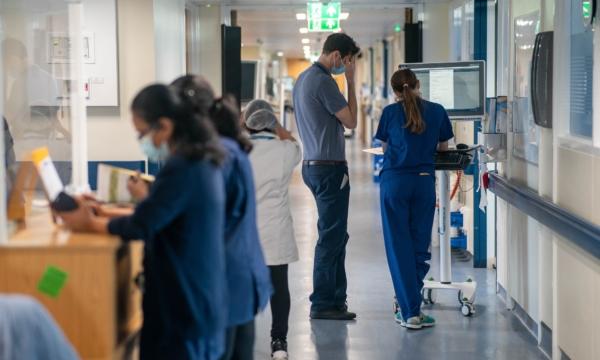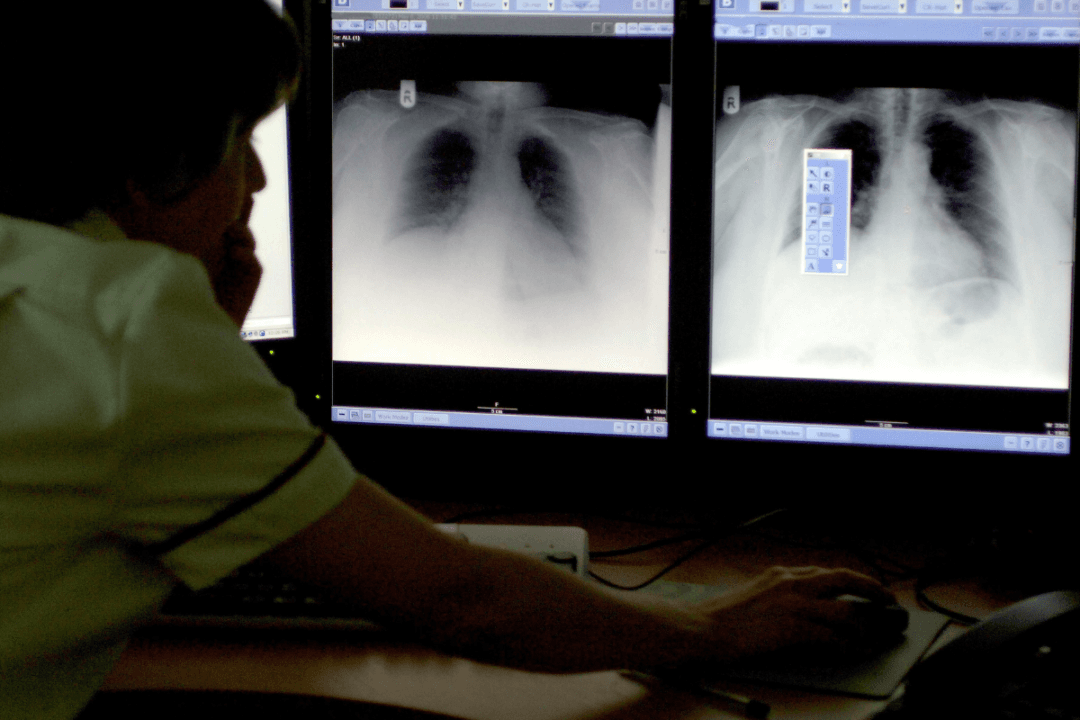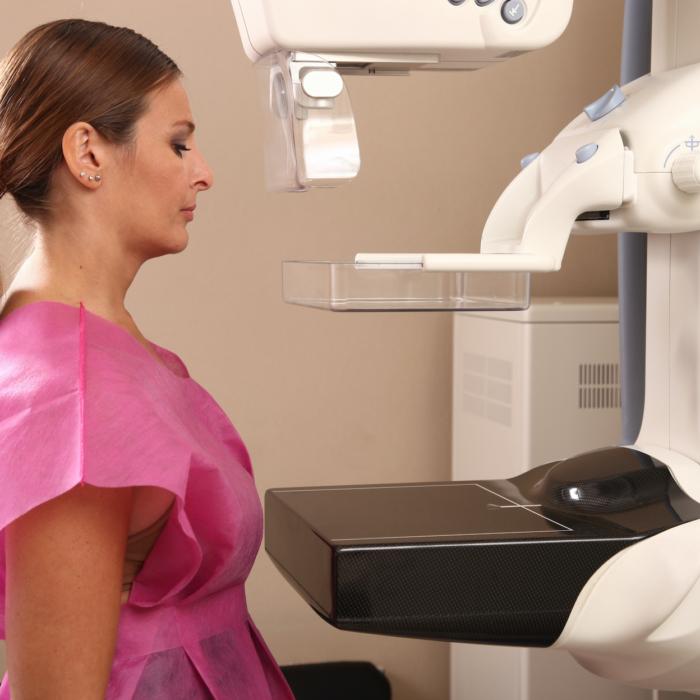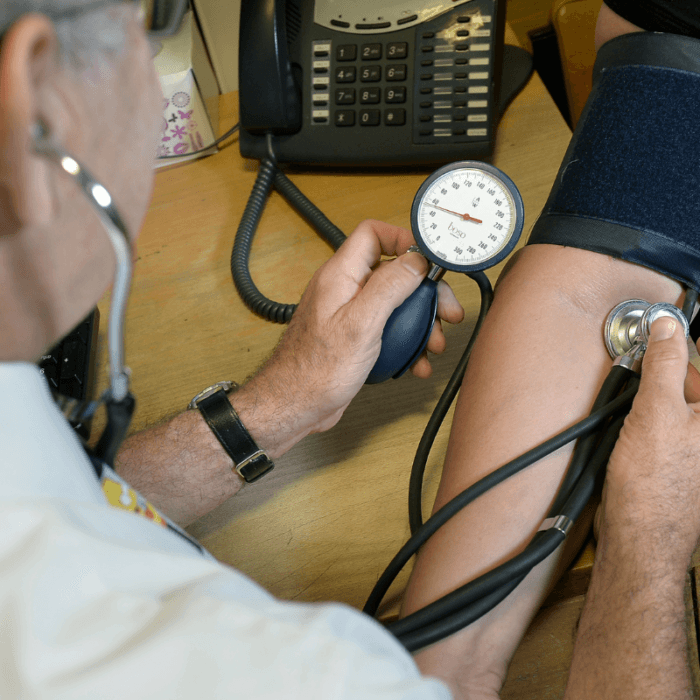The NHS should make it easier for people with lung cancer symptoms to self-refer for testing, bypassing the need to see their GP first, experts have said.
The analysis published in the British Journal of General Practice (BJGP) on Friday cited examples in England where patients can currently self-refer for chest X-rays, saying expanding the option “warrants urgent consideration” given the difficulties people already face in accessing GP services.
Academics and specialists who co-wrote the analysis point to current self-request chest X-ray services which have already been established in Leeds and Greater Manchester, where patients who have symptoms can access radiology services directly, with the report of their X-ray being sent to their GP.
“Given the present difficulties patients face in accessing primary care in several healthcare systems, widespread adoption of services that enable patients to arrange investigation without a GP consultation warrants urgent consideration,” the authors wrote.
They added that along with patients’ struggle to access GP appointments, “the adoption of triaging systems and the increased use of remote consultations may add barriers to prompt diagnosis since face-to-face discussion and examination may now be less readily available in many practices.”
Report authors recommended that widening access to patient-initiated pathways like self-request chest X-rays be considered.
Early Diagnosis ‘Crucial’
According to the NHS, around 43,000 people are diagnosed with lung cancer in the UK, with smoking causing more than 70 percent of cases.The BJGP said that while the majority of cases are smoking-related, messaging about lung cancer should also be targeted to those who have never smoked, which will encourage non-smokers to seek help when they notice they have persistent symptoms.
Campaigns should also focus on a wider range of symptoms rather than just a persistent cough, including shortness of breath, fatigue, coughing up blood, recurring chest infections, and loss of appetite or unexplained weight loss.
The report authors said they focused on improving early lung cancer diagnosis because despite important advancements in treatment, “outcomes remain poor compared with other common cancers.”

It notes that almost half of patients in England with lung cancer are diagnosed with stage IV of the disease and 47 percent present when they have a performance status (PS) of between 2 and 4—where PS4 means the person is completely bedridden—meaning they are “not eligible for most systemic treatment.”
“Achieving diagnosis of lung cancer in earlier stages of the disease is therefore crucial to improving survival,” specialists said.
Lung cancer causes more deaths than any other cancer in the UK and almost as many as prostate, bowel, and breast cancers combined. Lung cancer also has a lower detection rate than these cancers.
UK GPs ‘Less Likely’ to Test
One other observation that the analysis made was that UK GPs “appear to be less likely to arrange investigation for patients who are symptomatic, compared with their peers in similar health systems.”It went on that primary care providers that rarely use chest X-rays should be encouraged to conduct greater testing of patients who are symptomatic.
Responding to the analysis, a Department of Health and Social Care spokesperson said in a statement: “Under this government’s Plan for Change to radically reform the NHS, we will fight cancer on all fronts – through prevention, diagnosis, treatment and research.
“We are committed to transforming diagnostic services, including for lung diseases, so we can catch more cases earlier and treat them faster. We will also deliver 40,000 more elective care appointments every week and invest an extra £1.5 billion on new surgical hubs and AI scanners.”







